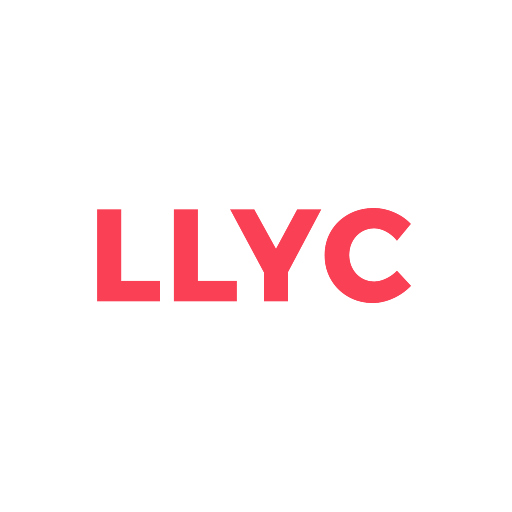LLYC 18 Jan 2017 // 8:33PM GMT

Tourism generates a 10 percent of the world’s GDP, and the World Tourism Organization (WTO) projects that there will be 1.4 billion of international tourists in 2020.
Tourism is one of the industries that has most strongly felt the effect of technology on its business model and client relations. The industry’s value chain has gone through a true reconfiguration; value is now created by connecting tourism and external agents in different ways.
The Internet is the fundamental channel for promoting service management and streamlining the business. Internet is the primary tool used by the tourism industry to publish information about services, make the offering available throughout the world, and catch the attention people in search of an idyllic vacation destination. Companies must acknowledge the value of digital assets and learn how to use them properly in order to optimize their benefits for business operations.
We are living in a context in which the client reigns and that is the reason why now more than ever it is important to dominate discussion in areas that enhance traveler experience and in communities where travelers share their adventures.
In this way, social media has revolutionized how brands approach consumers in nearly all areas of business. The challenge lies in learning how to connect better through content, regardless of the social media platform where it is posted.
For now, Instagram dominates audiences. Instagram is the social media platform in which users interact the most with posts. Companies should take advantage of the potential of this platform to generate increasingly interactive content and to further encourage user participation with posts because engagement is a fundamental element in the relationship between companies and audience.
We live in a world with an excess of information where users have gained power and reputation has a major effect on the success of companies’ business plans. It forces the companies to create content to catch the attention of users, obtain their recommendations, and win their trust in order to foster positive brand reputation.
Online reputation indices have become the barometer for comparatively evaluating customer satisfaction across segments within the tourism industry and tourism players must work strategically in this area so as to guarantee the sustainability of their business in an industry that is increasingly competitive both internally and externally.
Juan Rivera, Partner and Managing Director of LLORENTE & CUENCA Mexico
Iban Campo, managing director of LLORENTE & CUENCA Dominican Republic
Xavier Pires, director at LLORENTE & CUENCA Dominican Republic


































.jpg)














